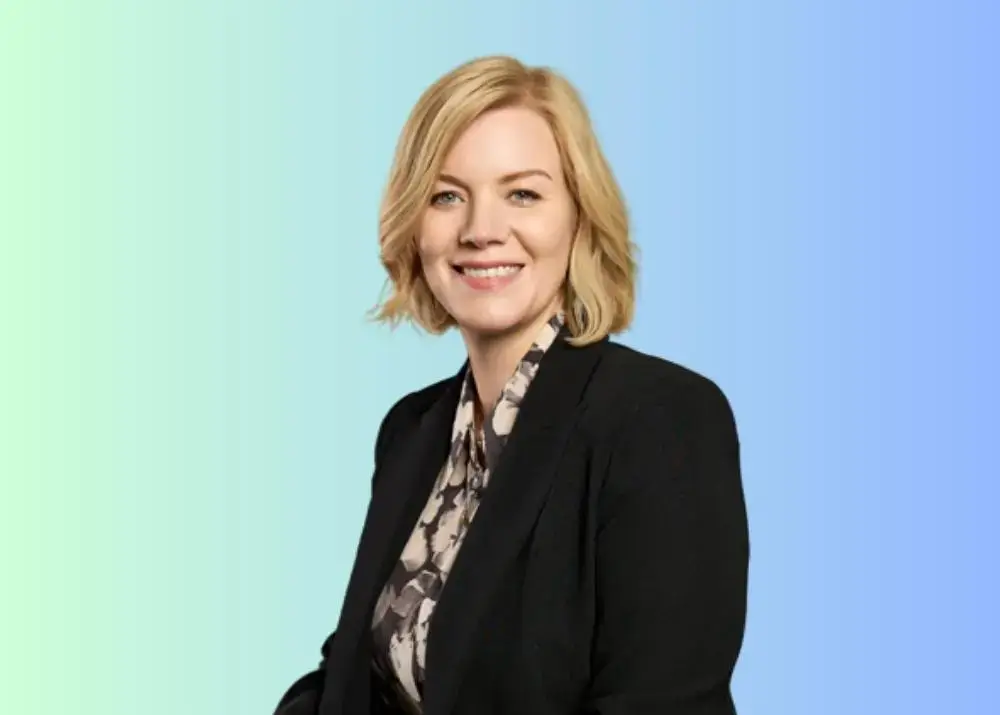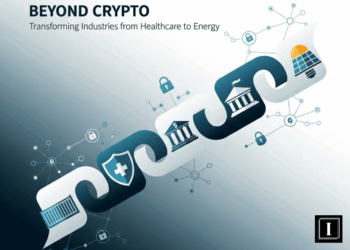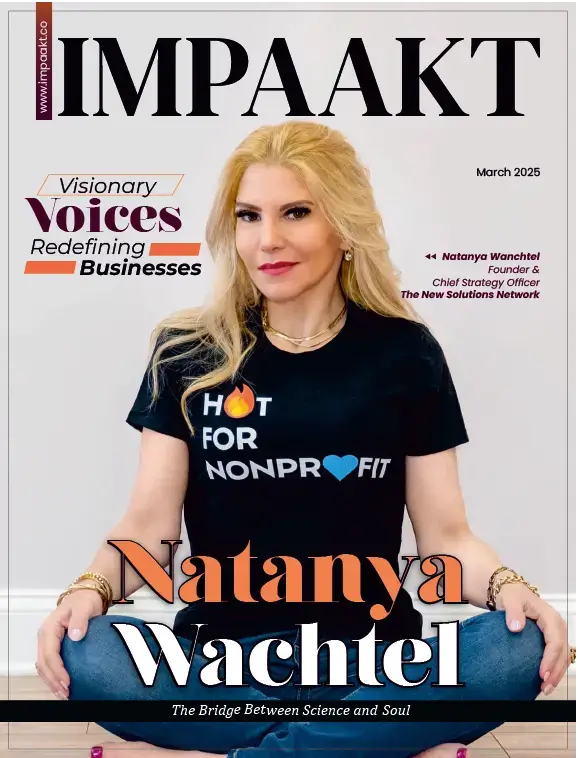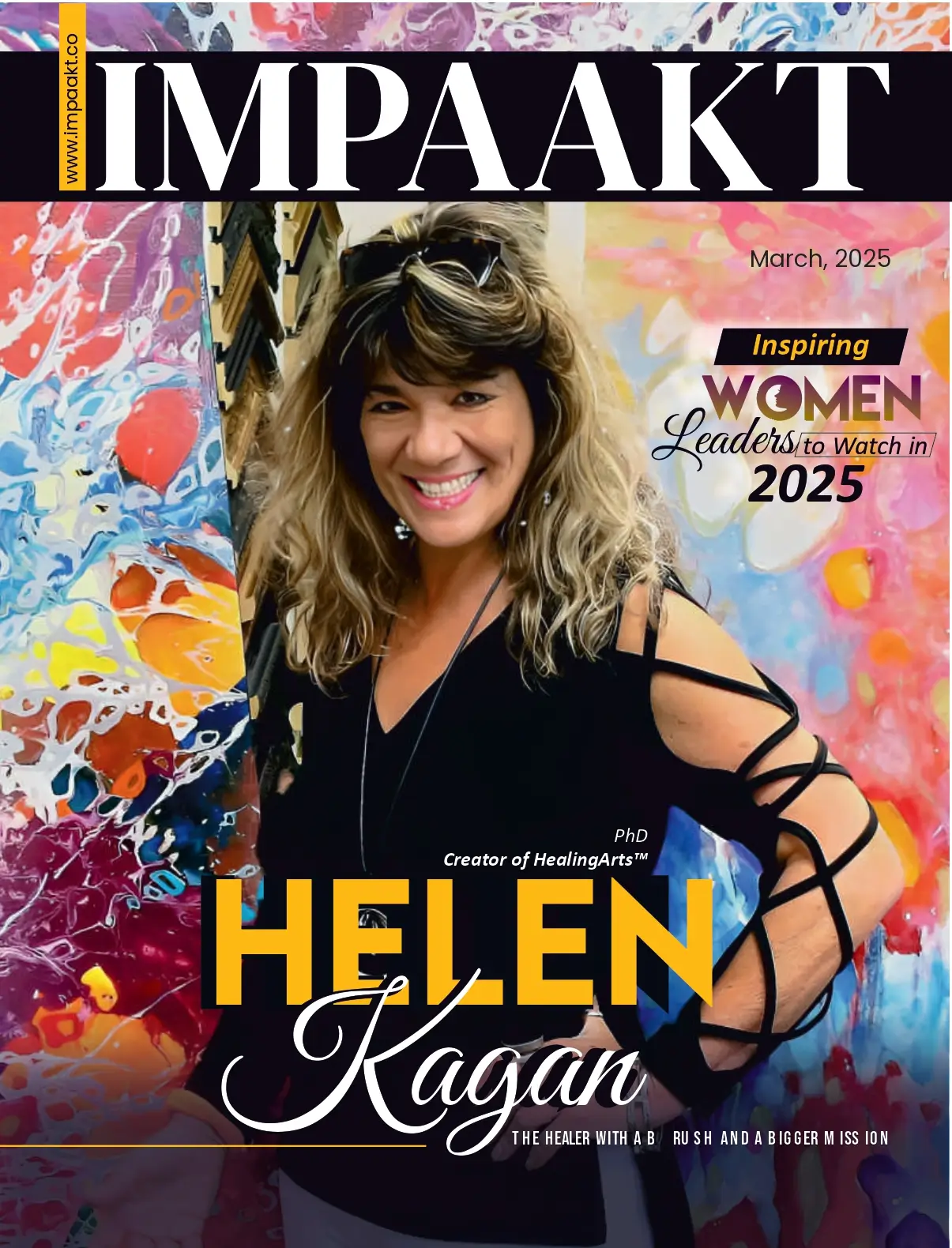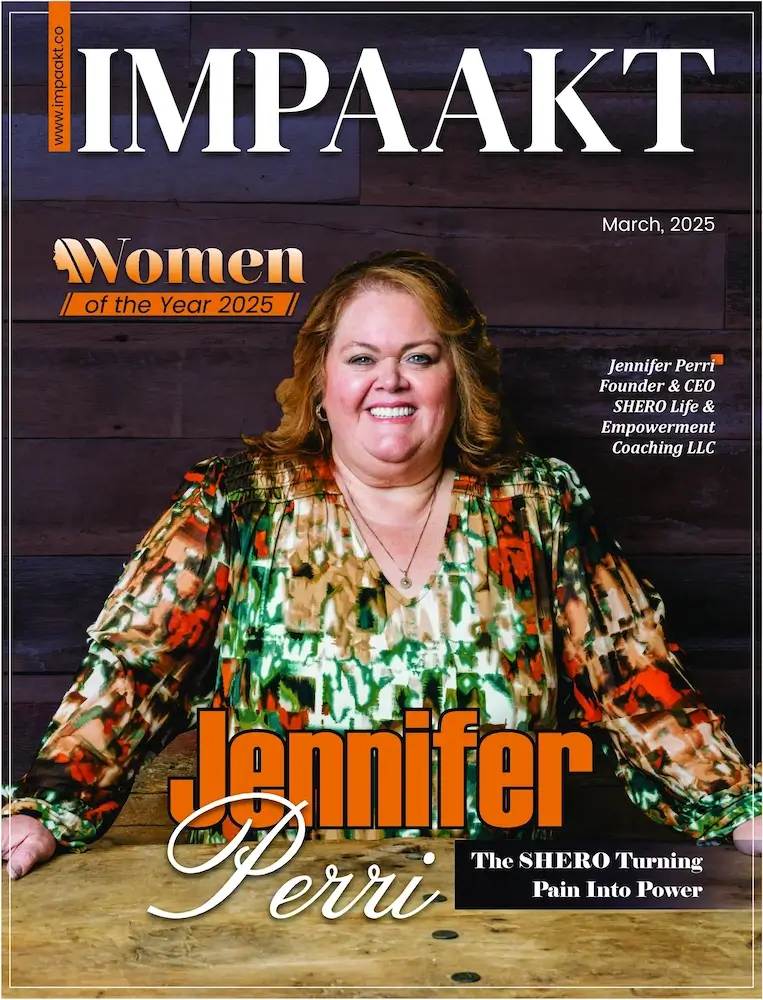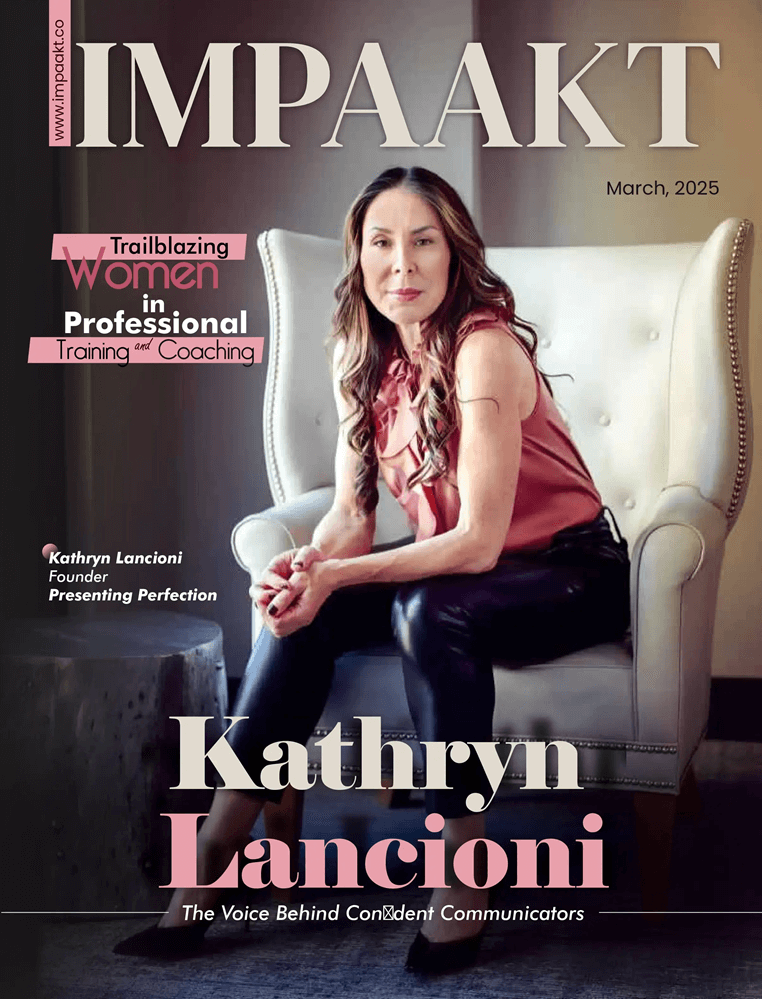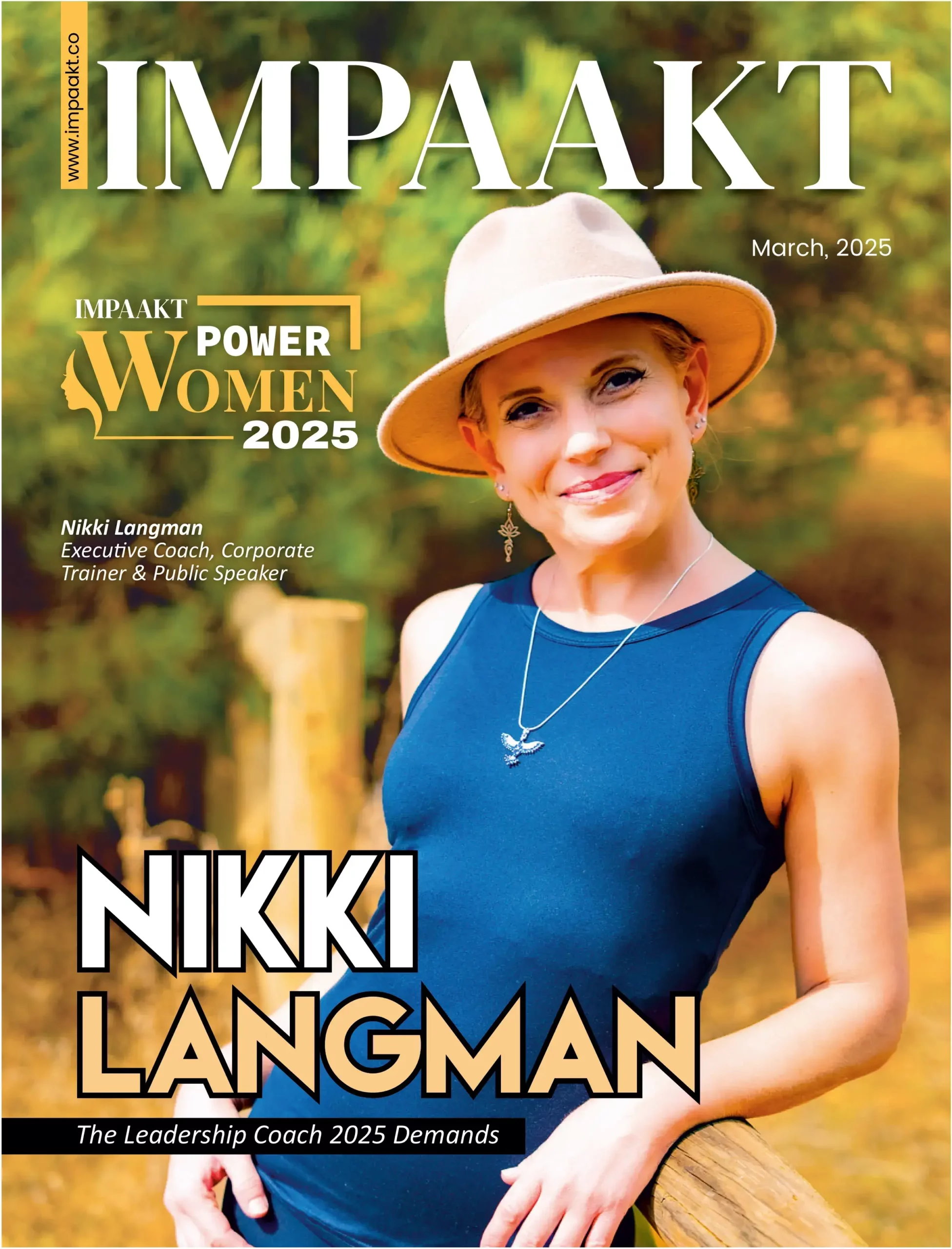Growing up within a religious cult, Petra experienced a markedly distinct upbringing compared to her peers. Her inability to attend public school due to the cult’s isolationist policies, coupled with the challenges of being raised within a rigid belief system, made it incredibly difficult for Petra to break free from the cult’s influence. This indoctrination led her to lead a dual life, where she held a prominent position in the community while also secretly engaging in hedonistic activities. Over time, Petra spiraled into a perilous cycle of addiction, depression, anxiety, and thoughts of suicide.
Her story, while unique, is just one of countless others, highlighting the widespread issue of depression, as evidenced by the World Health Organization’s report that 700,000 people die by suicide each year. This number substantially increases when considering those grappling with severe mental health conditions, underscoring the pandemic nature of depression.
Returning to Petra’s narrative, she recounted during a TEDx talk how hitting rock bottom provided her with a breakthrough in life. It was at her lowest point that she found the strength to rebuild her life from scratch. Through dedicated and consistent efforts to prioritize her mental health, Petra identified a greater purpose to pursue, leading to the creation of Petra Velzeboer Ltd.
Today, as the CEO and Founder of PVL, Petra Velzeboer collaborates with organizations to establish, manage, and implement effective, sustainable mental health strategies. Her motivation stems from a deeply personal place, as she firmly believes that fostering safe workplaces can be achieved through the transformative power of empathy and genuine human connections.
In the upcoming interview, Petra delves deeper into her personal journey, offers insights into conquering mental health obstacles, and a whole lot more.
Your personal journey is truly remarkable. Could you share some key moments or turning points that have shaped your approach to mental health advocacy and leadership?
I didn’t know much about mental health when I was younger, I was taught to get on with things for the greater good, suppress emotions that could have been seen as doubts and watch people made an example of who didn’t fit in with the thinking around me. It took me hitting my own crash points of addiction, depression, anxiety and suicidal thinking to eventually wake up and decide that I wanted to live a better life – and then take the small daily steps to getting there.
Your experience growing up in the Children of God cult was undoubtedly challenging. How did this upbringing influence your understanding of mental health and resilience?
Growing up in a cult was my normal so there were some good bits. Excitement, community and shared purpose – but over time, the bigger it got the more rules, punishments and belief systems were put in place and the more toxic it became. We didn’t go to school as kids, they wanted to protect us from the worlds influences so we didn’t learn about mental health at all, if anything poor mental health would be considered a punishment from God and something you should pray for. I also didn’t know that those were the times I was building resilience and that it would be useful later, for me it was just life.
It’s a wonderful change that when tough times happen now, I’m able to have some perspective and know that I am learning something or I am being prepared for something that’s great just around the corner.
Can you elaborate on your concept of living a “double life” and how it led you to your path of self-improvement and mental health accountability?
I think many people wear masks and lead double lives. They show a certain side of themselves to different groups and rarely if ever show their true selves to anyone. I’ve learned that this is extremely detrimental for our mental health over time. For me it started as a teenager, I wasn’t brave enough to leave and so on the one hand I was trusted in the communities and became a leader and on the other, I led a hedonistic life of alcohol, drugs and escapism.
When I left the cult, my double life just intensified as I was never taught that it was ok to be myself and so on one side, I was a good middle class mother and on the other my addiction and depression became worse. Eventually the cracks began to show, and I’ve learned through my own journey and expertise that the way to stay mentally healthy is to learn to fully be ourselves.
You’ve faced significant mental health challenges, including addiction and depression. What strategies or techniques did you find most effective in overcoming these hurdles?
For me, first things first, alcohol is an extreme depressant for me and I had to quit drinking to give me any hope of a better life. I needed support groups and community around me to make this possible.
The other technique, if we are to call it that, is to experiment with what’s right for you. We live in a world of influencers, everyone telling you how to hack your wellbeing and what to do to be superhuman and it can feel overwhelming to know where to start. Start small, start by nurturing a few key people who you can be yourself with and experiment with the tools out there to see what most suits you.
Your approach emphasizes creating pre-emptive cultures of support in organizations. What are some practical steps that leaders and organizations can take to proactively support mental health in the workplace?
It’s all about creating healthy cultures not just putting benefits in place for when people are struggling. That means creating trust and space to talk about how we work not just what we do. We need leaders at the top to model mentally healthy behaviours and openly talk about triggers, focus and team dynamics – we also need everyone to be brave enough to take responsibility for their culture or leave if there is possibility for change.
The world of work is changing and while many people are holding on tight to the old ways, putting old micro-managing processes onto a hybrid world, it’s those of us who can evolve completely that will be able to move into the future with ease and success.
How do you believe your personal journey to managing wellness uniquely positions you to support your clients and advocate for mental health?
Many of us have a story and I’m proud of mine and what I’ve come through, but the work we do is also informed by our expertise. I’m a psychotherapist, coach and have a team of experts in organisational change, strategy and training and we want people to feel uplifted and like they know what to practically do once they’ve worked with us. We help create a foundation where people can thrive and are working with amazing global companies who want to do this too.
Could you provide examples of successful initiatives or strategies that PVL Learning & Development has implemented to improve mental health in organizations?
Ideally, we like working with a company to create change from the ground up. This means assessing where they are at by looking at their data and helping them create a wellbeing strategy that we can then bring to life – through training and development with leaders and all staff.
In your opinion, what are the most common misconceptions or stigmas surrounding mental health in the workplace, and how can they be addressed?
The most common misconceptions are that if we talk about mental health everyone will take time off work and nobody will get the job done. In fact, the opposite is true. When we can be open about our mental health in general, we build trust and prevent the extremes when time off becomes the only solution.
Your book, “Begin with You,” has received acclaim. What key messages or takeaways do you hope readers gain from it, especially in terms of improving their mental well-being?
Two things, we can take responsibility for our mental health – that means there are things in our control that will enable us to change our mindset or habits to boost our well-being. Secondly, it’s important to learn to think for ourselves in a world of influencers and toxic environments. When we know ourselves, we can know what to do to boost our wellbeing and yes, sometimes this includes leaving those toxic environments completely.
As a CEO, author, psychotherapist, and global keynote speaker, how do you personally manage the demands of your various roles while prioritizing your own mental health?
Well, I’m not perfect of course, I’m a work in progress just like everyone else and sometimes I slip into unhealthy habits like eating sugar or scrolling aimlessly. I can quite quickly feel the impact on my mind or body though and this helps me pull back and ask myself what I need.
My wellbeing habits evolve over different times however, there’s a few key non-negotiables. Exercise is the best way to shake out stress so I try and move daily even if it’s just walking – though I am partial to a HIIT or boxing class. Mindset tools can evolve but generally involve gratitude (a healthy practise backed by neuroscience) and setting some kind of intention of who I want to be that day. I decide my mood and focus on what’s in my control for the day and this helps me stay tuned in to my body and balance where I spend my energy.
What advice do you have for individuals who are on their own journeys of self-improvement and mental health accountability, especially when facing challenging circumstances?
Sometimes the best we can do is get up that day and show up. Sometimes that’s all we can do. Resilience is crying, feeling angry, not having a perfect wellbeing routine but showing up at life anyway – be proud of yourself if that’s all that’s possible and know that over time things will change and you’ll have more space to feel the positive momentum of your actions.
I started out with writing down 3 things I was grateful for and experimenting with 1-minute guided meditation. Sometimes you are practicing bravery but it doesn’t feel like it, like asking for help or calling a friend. Learning when you could be scrolling, investing in a future even if it doesn’t feel like you’ll ever get there – this is the journey too.
And over time space will open up, it will feel easier, your life will begin to change. If possible, find a friend or mentor who you can check in with, an accountability buddy doesn’t need to cost anything and can be a lifeline to keeping on track and changing your life.
Lastly, what does success mean to you, and how has your definition of success evolved throughout your life and career?
Success for me now means contentment, safety, positive relationships and enough wealth to look after myself and the I love. It’s also enjoying what I do, feeling like I have freedom to make decisions based on what I’m good at and what brings me joy.
My definition of success has definitely evolved. We are influenced by what society thinks success is in terms of money or fame and can feel like we’re striving for things without even questioning them – the thing is no matter where you get to there are always people who are more successful or doing something better than you so we can get stuck in comparing or thinking we are never enough.
It comes down to self-awareness and running our own race. What does good look like for us personally, what brings us joy and cultivating contentment and gratitude no matter what stage we’re at.
